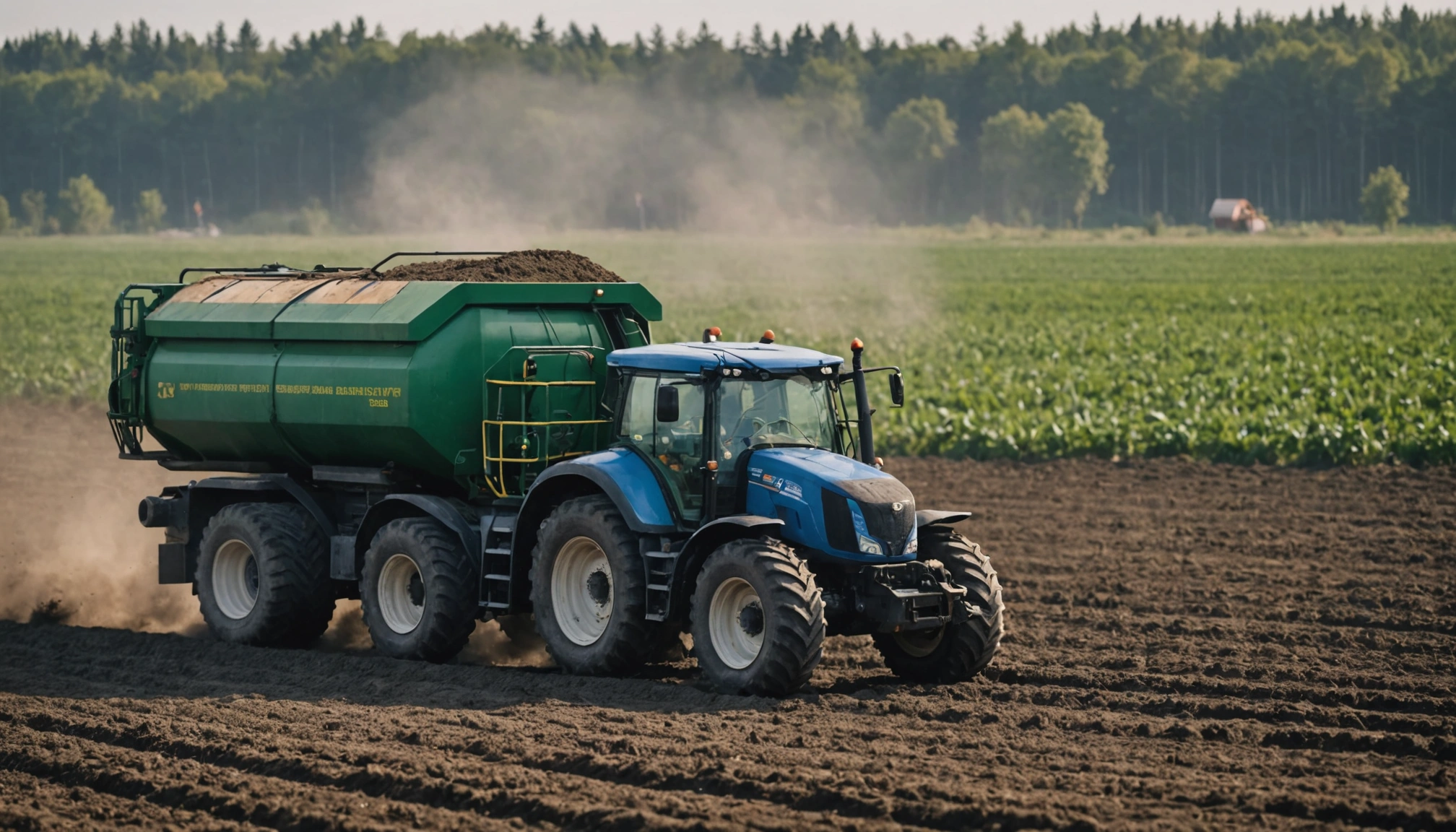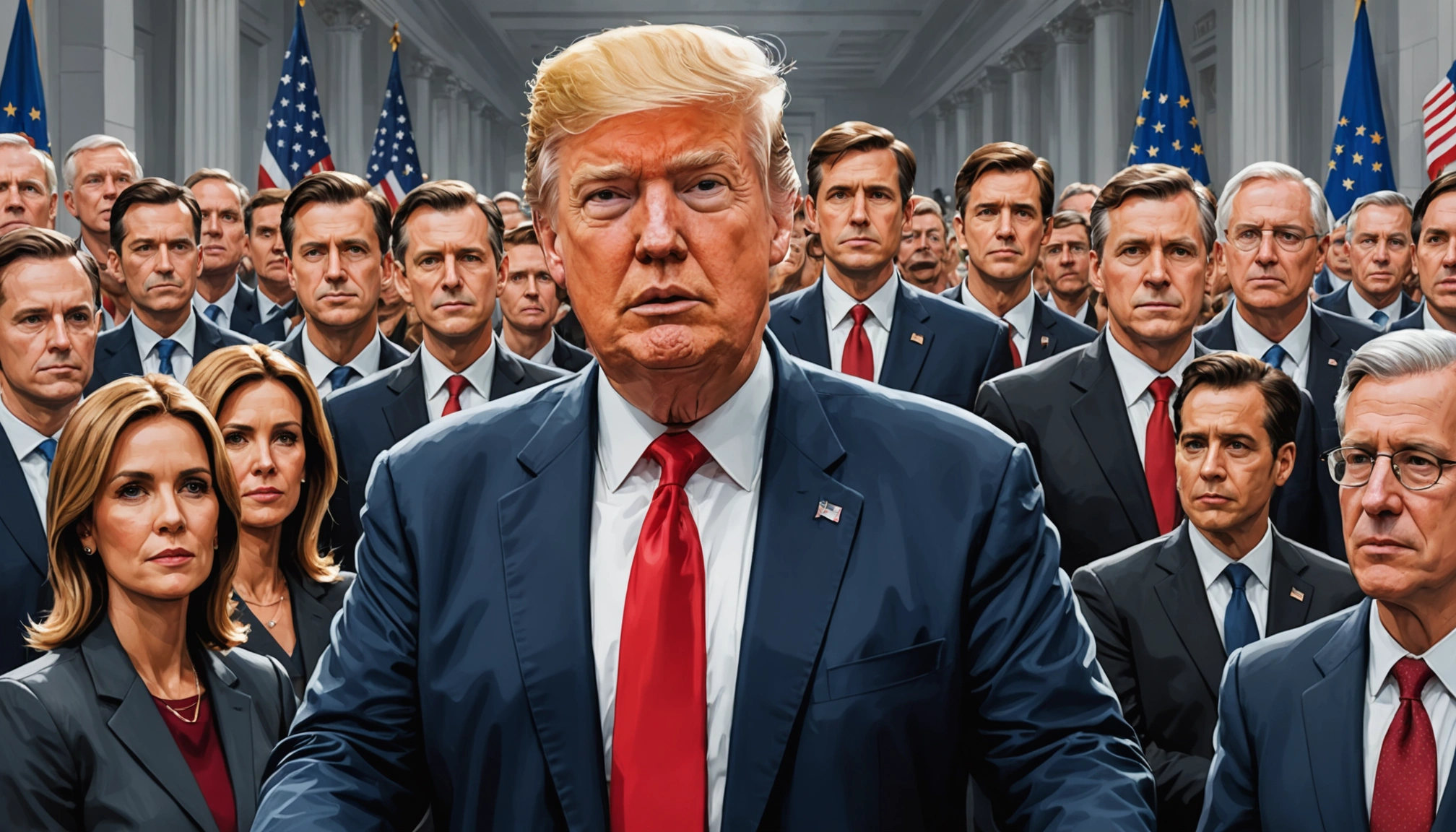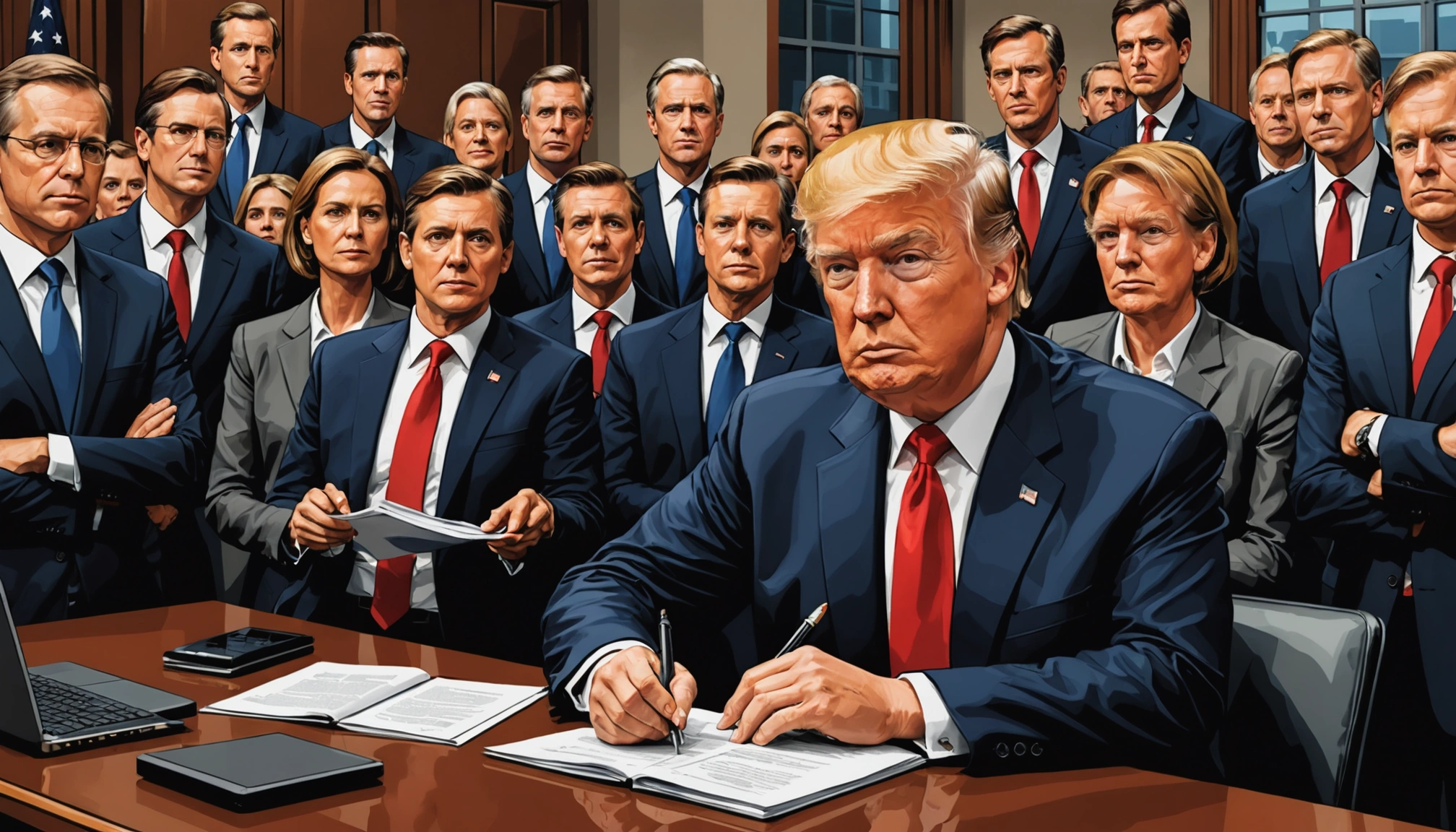EU Continues to Import Russian Fertilizer Amidst War in Ukraine: A Complex Balancing Act

Despite sanctions imposed on Russia following its invasion of Ukraine in February 2022, the European Union continues to import significant quantities of Russian fertilizer. This ongoing trade has sparked considerable debate, raising questions about the EU's commitment to isolating the Russian economy and the potential risks to European farmers and the EU's own fertilizer industry. While the EU aims to reduce its dependence on Russian imports, the transition is proving to be a complex balancing act between economic interests, food security concerns, and geopolitical considerations.
The Scale of the Imports
Data from Eurostat indicates that the EU has maintained a substantial intake of Russian fertilizers throughout the conflict. In 2023, the EU imported 3.9 million tonnes of Russian fertilizers, and in the first nine months of 2024, imports reached 3.7 million tonnes. Notably, July 2024 saw a 50% increase in fertilizer imports compared to July 2021, the summer before the war began. This increase has raised concerns about the EU's growing reliance on Russian products, which remain attractive due to their lower prices. In January 2025, EU imports of Russian fertilizer increased by 12% year-on-year, reaching 0.5 million tonnes, the highest figure since August 2024. Russia was the largest supplier of fertilizer to the European market in January 2025, with a share of 26%, followed by Egypt and Morocco.
Reasons for Continued Imports
Several factors contribute to the EU's continued purchase of Russian fertilizer.
- Price Competitiveness: Russian fertilizers are often cheaper than those produced within the EU due to Russia's access to inexpensive natural gas, a key component in nitrogen fertilizer production. This price advantage makes Russian fertilizer attractive to European farmers seeking to minimize their input costs.
- Food Security Concerns: The EU has been hesitant to impose sanctions on agricultural products, including fertilizers, due to concerns about potential disruptions to the food supply and rising food prices. Maintaining access to affordable fertilizers is seen as crucial for ensuring stable agricultural production and preventing food shortages.
- Limited Alternative Suppliers: While the EU is working to diversify its fertilizer sources, alternative suppliers of phosphorus and potash fertilizers are limited. Replacing Russian supplies entirely would require significant adjustments to supply chains and could lead to higher prices.
- Circumventing Sanctions: After the EU restricted its purchases of Russian gas in 2024, Russia diverted the fuel to produce more fertilizer, shipping it into the EU where its cheap products found a ready market. The EU now seeks to close off this revenue source to the Kremlin.
The Impact on the EU Fertilizer Industry
The surge in Russian fertilizer imports has had a detrimental effect on the EU's domestic fertilizer industry, which was already struggling with high natural gas prices. In September 2021, 70% of the EU ammonia industry temporarily closed. At the beginning of 2023, 40-50% of total EU ammonia plants were still shut down. Some EU ammonia plants have been forced into permanent closure. The European fertilizer sector has argued that Russia is "dumping" cheap fertilizer into the EU market, undermining fair competition and putting pressure on domestic producers.
EU Measures to Reduce Dependency
The EU is taking steps to reduce its reliance on Russian fertilizers, but the process is expected to be gradual.
- Tariffs: The European Commission has proposed raising tariffs on fertilizers from the current 6.5% to 100% over three years. If implemented, this means Russian fertilizers will likely continue to be imported until 2026. The proposed tariffs would bring a tonne of nitrogenous fertilizers to the sum of €315 and other fertilizers up to €430 per tonne. The European Parliament has voted to impose tariffs on fertilizer and certain farm produce imports from Russia and its ally Belarus, despite European farmers' fears that the move could lead to higher prices. The European Parliament on Thursday voted 411 to 100 in support of the bill that will enact duties in July and gradually increase them to a point where they would make imports unviable in 2028.
- Diversification of Supply: The EU is seeking to diversify its fertilizer supplies by increasing imports from countries such as Algeria, Egypt, Morocco, Oman, China, Oman, Morocco, Canada or the US.
- Promoting Alternative Fertilizers: The EU is promoting the use of organic-based fertilizers derived from manure and compost, which improve soil health and align with EU sustainability goals. The EU is considering a significant policy shift to replace a portion of its imported fertilizers from Russia with a locally sourced alternative made from animal waste, known as ReNure.
- Safeguards for Farmers: The regulation includes an emergency mechanism allowing for the suspension of tariffs on fertilizers from countries other than Russia and Belarus if a significant price surge occurs.
Concerns and Challenges
Despite these efforts, challenges and concerns remain.
- Farmers' Concerns: European farmers worry that increased tariffs on Russian fertilizers could lead to higher production costs, potentially devastating the agriculture sector. They also question whether domestic production will be able to meet demand in time.
- Economic Impact on Russia: Some argue that the EU's continued imports of Russian fertilizer are indirectly funding Russia's war effort, undermining the impact of other sanctions.
- Transition Period: Critics argue that the EU's phased approach to reducing fertilizer imports is too slow and allows Russia to continue profiting from the trade for too long.
Conclusion
The EU's continued import of Russian fertilizer is a complex issue with no easy solutions. While the EU is committed to reducing its dependence on Russian imports and supporting Ukraine, it must also consider the potential impact on European farmers, food security, and the domestic fertilizer industry. The EU is trying to strike a balance between these competing interests through a combination of tariffs, diversification of supply, and promotion of alternative fertilizers. The success of this strategy will depend on the EU's ability to effectively implement these measures while mitigating the potential negative consequences for its agricultural sector and broader economy.
Related Articles

EU Faces Uphill Battle Securing US Trade Pact Amid Trump's Tariff Threats

Myanmar's Rare Earths Boom: A Dirty Secret Fueling Green Tech
